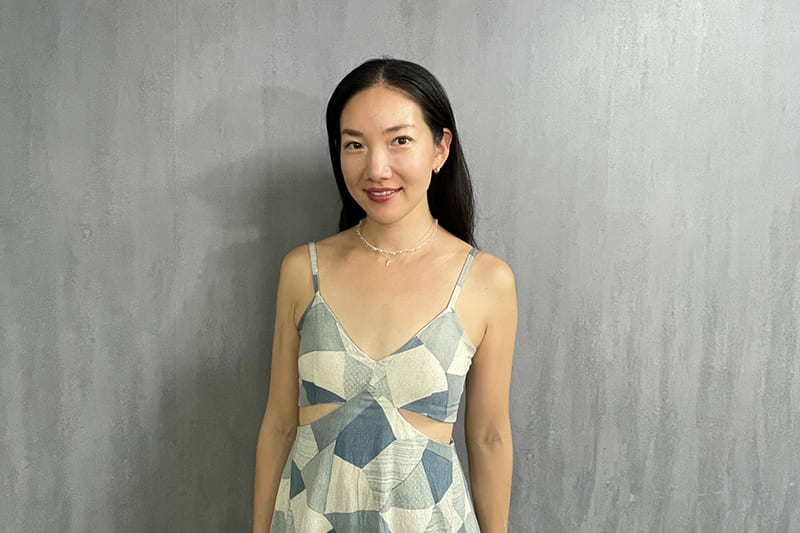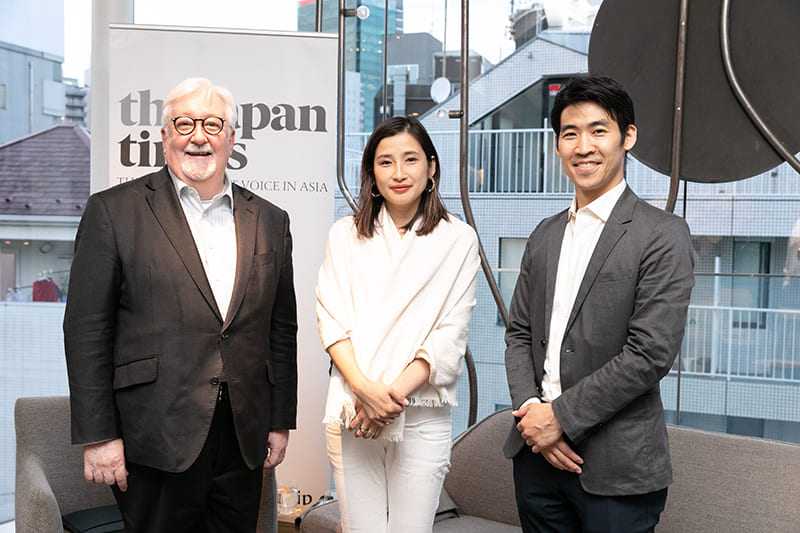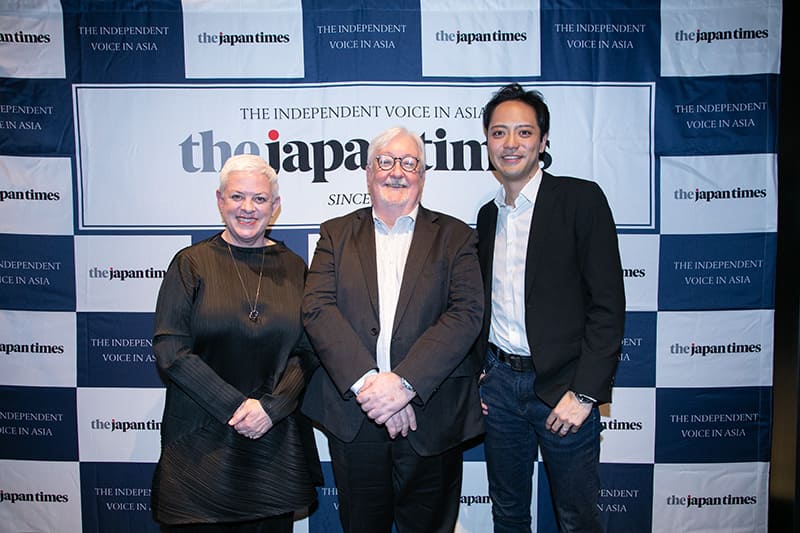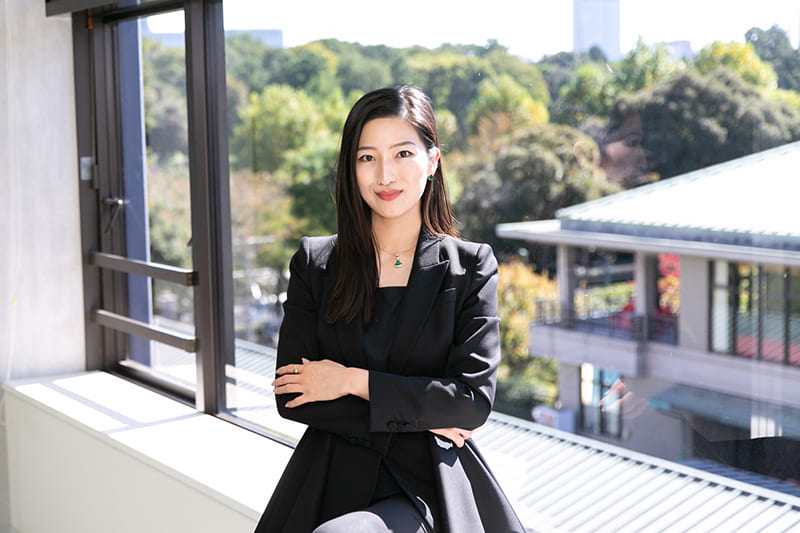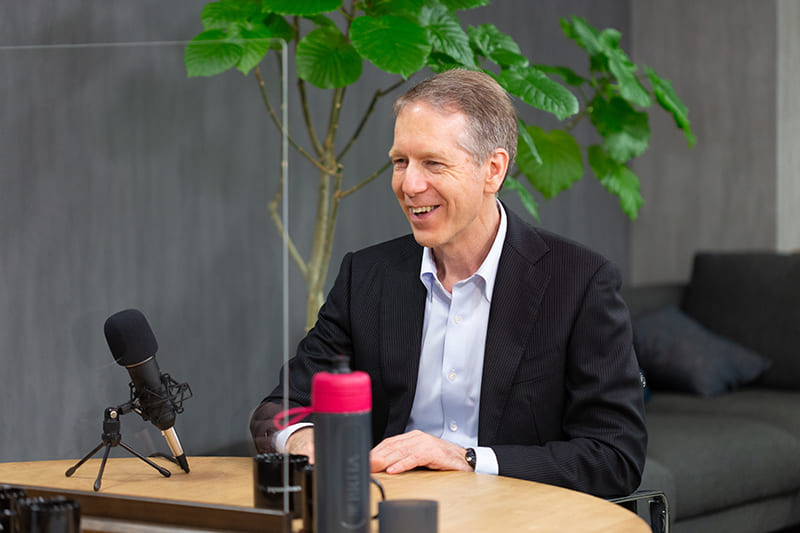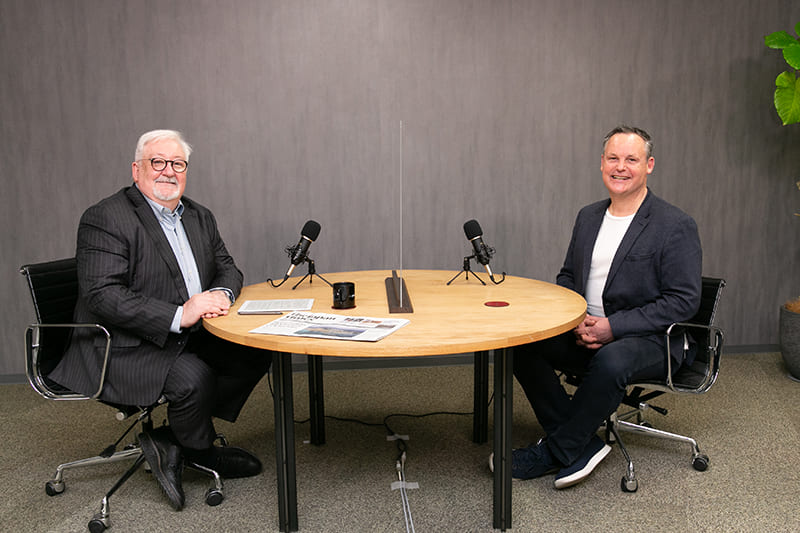November 27, 2023
Water-refill platform mymizu succeeds with fluid ideas
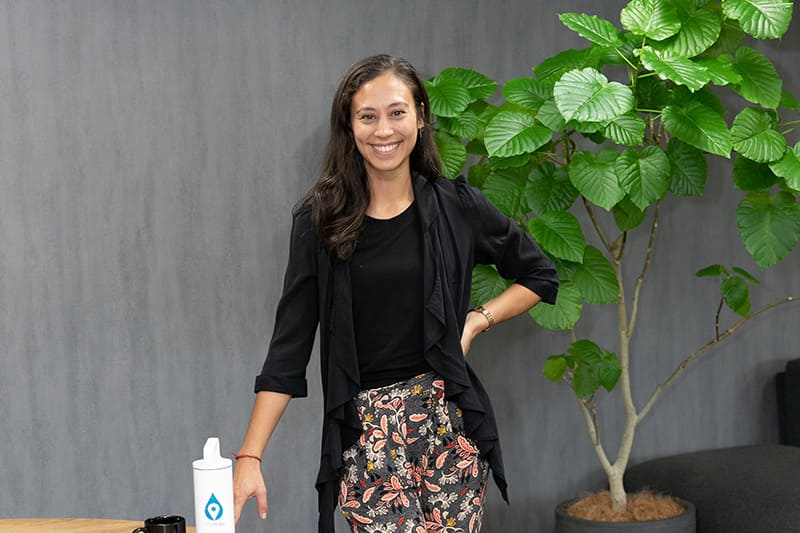
When Mariko McTier and her co-founder started the water-refilling platform mymizu four years ago, they were trying to change minds, but to do so, they didn’t go out and try to convince shops to register on its app. In an unusual business model that McTier says has proven effective, they relied on word of mouth, the interest of a community already attuned to sustainability, and the influencing power of early adopters.
Within two months of sending out feelers into this community, 70 shops had signed up as places where people could fill a bottle of water free of charge. A crowdfunding campaign based on the same model followed, and 500 people expressed a shared frustration with the overabundance of single-use plastics by supporting the campaign. That saved mymizu the work of wrangling with people who were simply not interested. It is a lesson McTier believes other entrepreneurs can learn, as she told host Ross Rowbury and the audience at the 35th Japan Times Roundtable.
“It’s really important to think carefully about whose mind you’re trying to change and how you do that. We often try to get people to see our perspective and to adopt a new way of doing things because we think it’s better. But there are fundamental underlying issues why they do what they do and why they see things as they do. And on the flip side, you probably have allies … who are keen for things to change. They just don’t see how to make that possible. I very much believe that as a culture, we change from the minority,” McTier said.
Catalyst for change
In mymizu’s case, members of its community have helped drive growth by approaching businesses — sometimes with only beginner Japanese skills — about being listed on the app. Individuals passionate about sustainability within companies have also pushed for listings. The result is that listing on the app becomes a starting point for businesses to adopt more sustainable practices.
“They start to have conversations with people who come to the shop for a refill and they realize that there’s this whole conversation that’s not happening with their customers, and they recognize that there’s a value there. We’ve interviewed shops that started off just refilling, but then this led to them looking at their whole supply chain and being like, how do we choose our vegetables or chopsticks, whatever it is. For them, that becomes like a cultural shift within the organization because suddenly sustainability isn’t just a thing they have to do, but it provides value to them as a company, as branding, as a way to differentiate themselves. And then they become these beacons,” McTier said.
Currently, of the 12,000 refill spots across Japan, 2,400 are businesses, and the remainder are public places, such as parks. McTier says mymizu itself is not a service, as it depends on its community being proactive and contributing spots.
“We’re providing the means for people to contribute and also to benefit from what they’ve built together. It doesn’t work for everything, but I think that’s going to be a really interesting business model for people to use going forward. Because what we’ve realized is that there are people who are looking for a way to not just contribute, but to play a role in redesigning their future.”
One of the platform’s hopes is to become a catalyst for users to tackle big problems. It is important, McTier explained, for people to feel that they have the agency to change something they feel passionately about, whether through their day jobs or by becoming entrepreneurs.
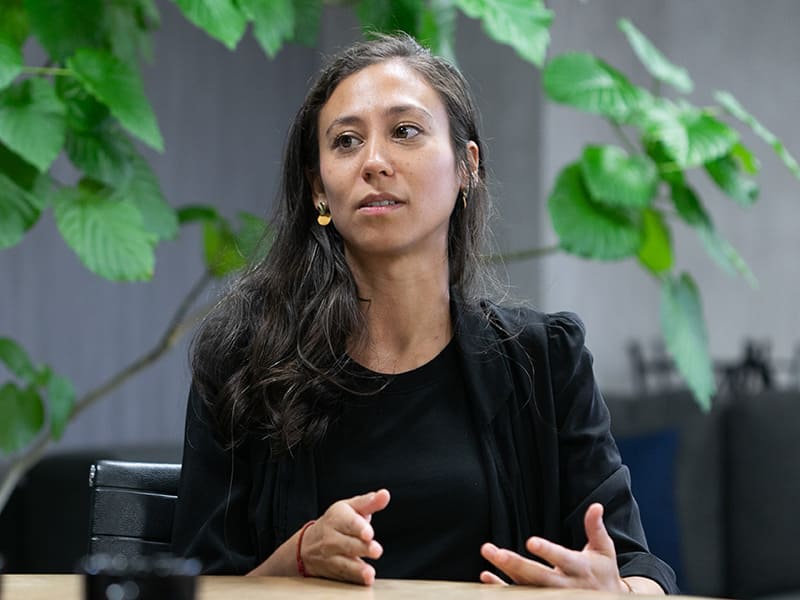
Entrepreneur dedication, hope
McTier started her career as a journalist at a Japanese newspaper in London, where she grew up. She was fascinated by the stories of the entrepreneurs she interviewed, and was inspired to eventually launch a venture of her own. Later on, in a role at the British Embassy in Tokyo supporting innovation and startups, she noticed an absence of deep public conversation about sustainability. In 2017, she co-founded Social Innovation Japan to offer education on social and environmental issues. Mymizu was started “from years of frustration” in order to provide a practical example of the principles she was teaching, and to prove that a free water-refill app could work.
“[Entrepreneurs] are people who’ve decided they’ve found something that they care enough about to focus on and upset people in the process of trying, but a dedication as well to say, ‘I know this is going to be hard, and in a different way, for ’intrapreneurs’ where you have to fight so much corporate bureaucracy.’”
Building something also requires a belief that it will succeed, but McTier often found that many people with an idea were overwhelmed with hopelessness.
“They couldn’t see, where is that 0.001% chance that this could change? And so we wanted to build something to show that it’s possible. [mymizu] is scrappy. We’re not perfect. There’s still so much to do, but one of the things I’m most proud of is showing that it’s possible to do things in a different way.”
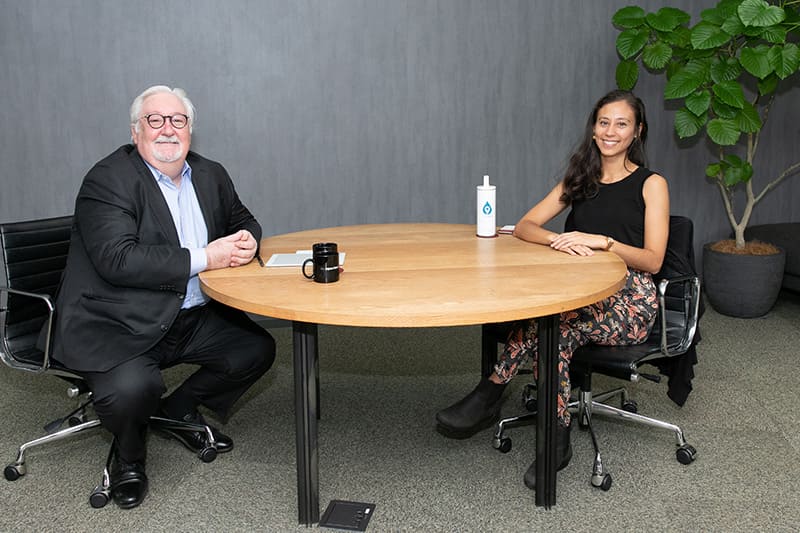
Scaling for the future
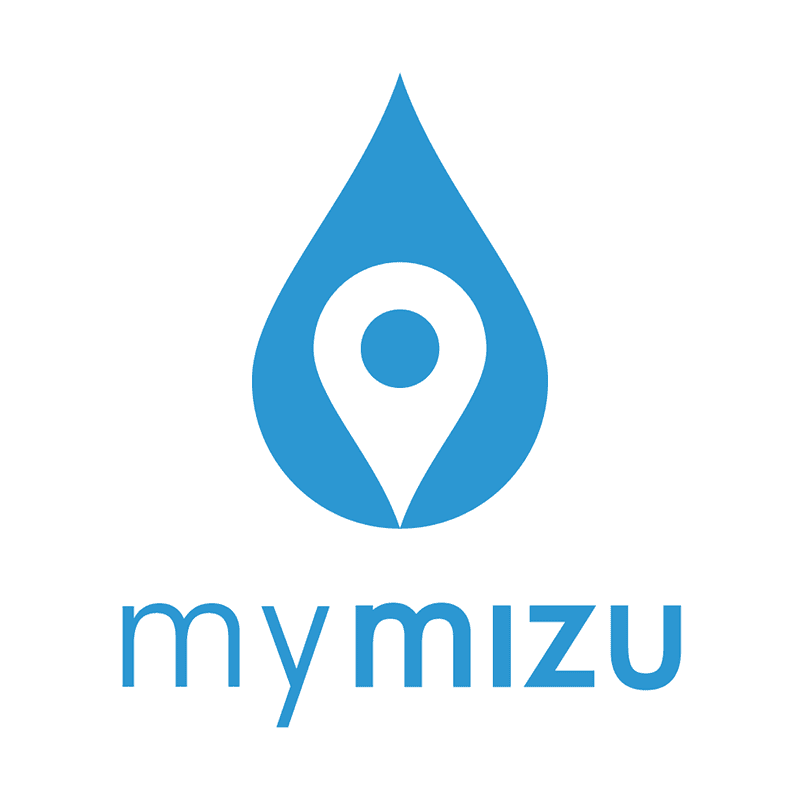
But there have been what McTier describes as “many unnecessary barriers” along the way, and too much time spent on paperwork.
“We’ve also struggled because we were often working with companies who’ve never worked with an organization of our scale. We’re a nonprofit organization, too. So it’s like, how do we structure this? How do we fund this? I think it’s unnecessarily difficult to start something in Japan and then to scale it and to get the support.”
As it moves into the future and tries to build on lessons learned, McTier said mymizu will devise ways to share its knowledge with other sustainability startups. And while its model has largely centered on organic partnerships, the platform will aim to be more deliberate as it considers how to have the biggest possible impact. The end goal, however, is to spark a mindset shift.
“I think one of the biggest things holding Japan back right now is that not enough people have that sense that they can make things change. If I can [show] that, A, there’s interesting, unusual, unconventional ways you can do this, but also B, here are some things that we’ve learned that when you get stuck, you can try to unstick yourself and not give up because you failed at the first hurdle, that’s ultimately what I want to see,” McTier said.
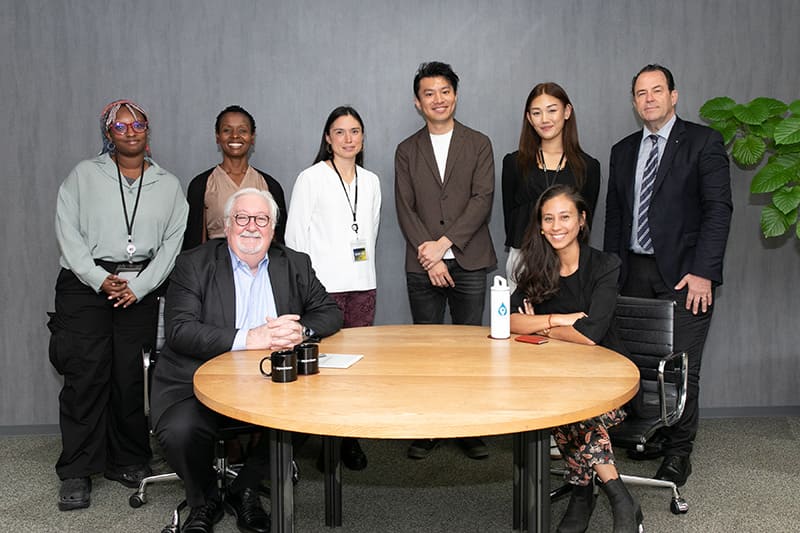
Roundtable is a monthly series of English-language events organized by The Japan Times Cube. For more information or to assist to a Roundtable scan the QR code or visit https://sustainable.japantimes.com/roundtable

